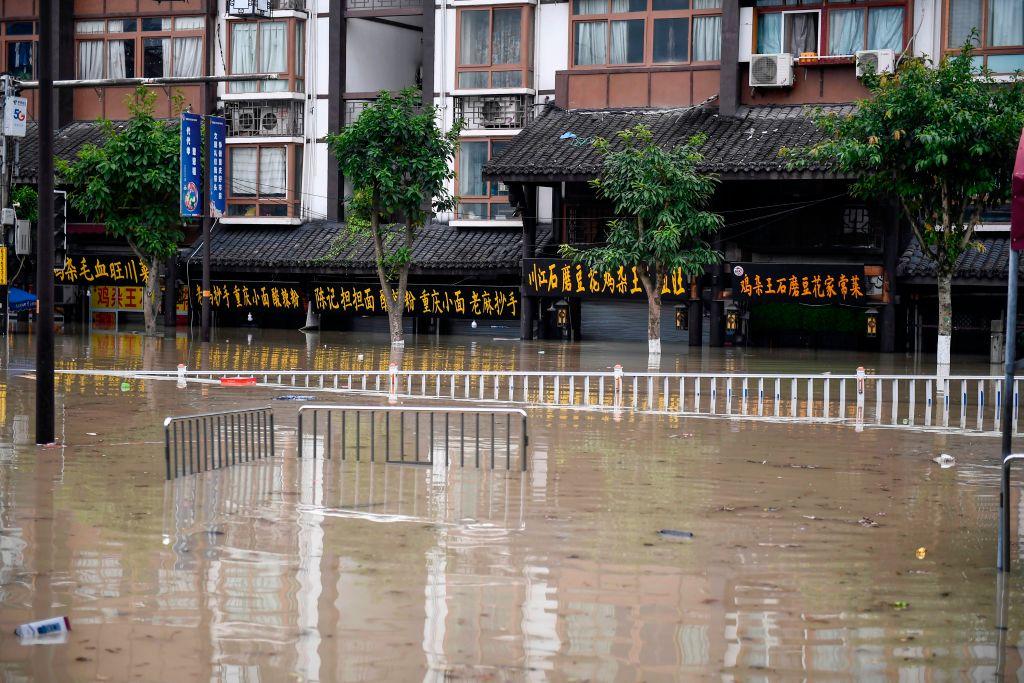Local petitioners in China’s megacity of Chongqing were arrested and assaulted by officials when Chinese Premier Li Keqiang visited the city to survey the destruction from recent flooding, some petitioners said.
Petitioners in China turn to regional governments or authorities in Beijing to express their grievances, in hopes of being granted justice.





